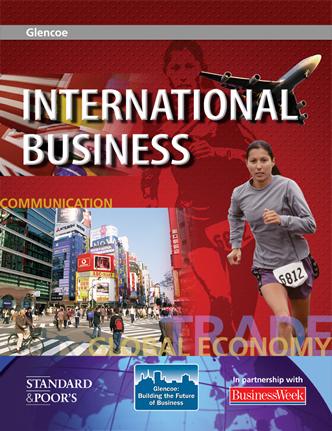 
International BusinessChapter 6:
Economic and Geographic InfluencesChapter Summaries- The most common types of economic systems are market economies, command economies, and mixed economies.
- The degree of development of the natural, human, and capital resources of a country determine its ability to trade.
- Four stages that define the level of economic development are underdeveloped, developing, industrialized, and post-industrial. Countries in the latter two stages of economic development are capable of doing the most international trading.
- An absolute advantage for a country means that it produces a good or service more efficiently than any other country in the world. A comparative advantage for a country means that it specializes in producing goods and services that it can create more efficiently.
- Four basic geographic features are topography, deserts and rain forests, bodies of water, and climates. Success in international business involves taking advantage of positive geographic features, such as having a trade center near a body of water and a flat plain.
- Geography affects trade through location, time zones, and proximity. Close trading partners often are physically close together on a world map.
 |  |
|





